Bolun Sun
Knowing When to Stop: Dynamic Context Cutoff for Large Language Models
Feb 03, 2025



Abstract:Large language models (LLMs) process entire input contexts indiscriminately, which is inefficient in cases where the information required to answer a query is localized within the context. We present dynamic context cutoff, a human-inspired method enabling LLMs to self-terminate processing upon acquiring sufficient task-relevant information. Through analysis of model internals, we discover that specific attention heads inherently encode "sufficiency signals" - detectable through lightweight classifiers - that predict when critical information has been processed. This reveals a new efficiency paradigm: models' internal understanding naturally dictates processing needs rather than external compression heuristics. Comprehensive experiments across six QA datasets (up to 40K tokens) with three model families (LLaMA/Qwen/Mistral, 1B0-70B) demonstrate 1.33x average token reduction while improving accuracy by 1.3%. Furthermore, our method demonstrates better performance with the same rate of token reduction compared to other context efficiency methods. Additionally, we observe an emergent scaling phenomenon: while smaller models require require probing for sufficiency detection, larger models exhibit intrinsic self-assessment capabilities through prompting.
Empowering Users in Digital Privacy Management through Interactive LLM-Based Agents
Oct 15, 2024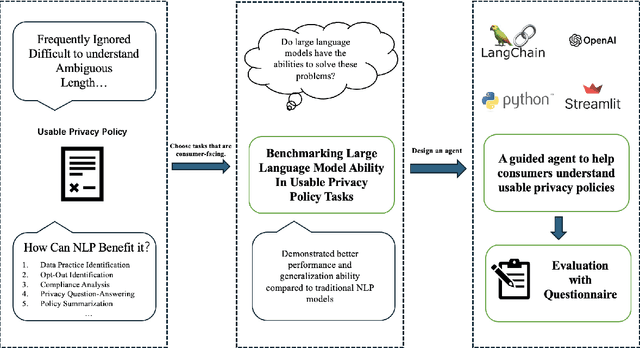
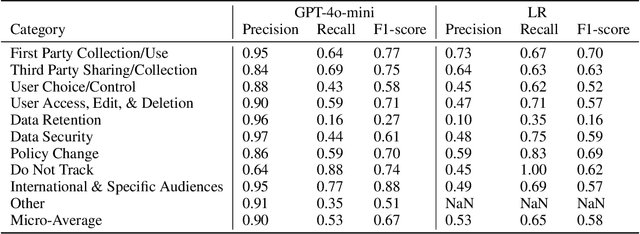
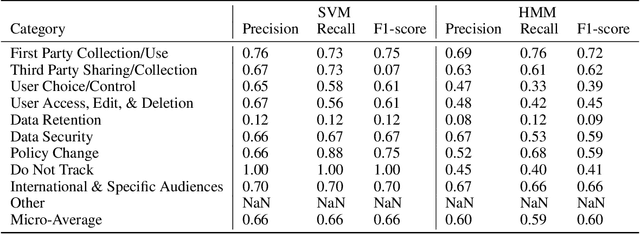
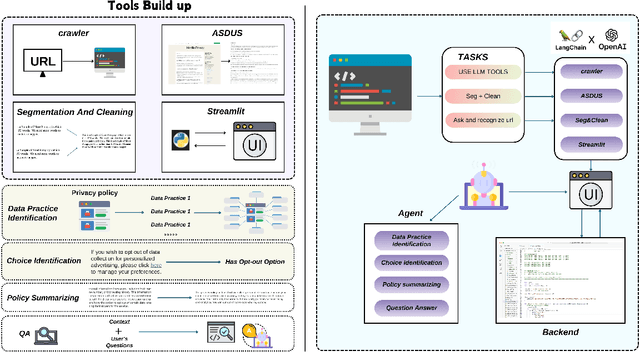
Abstract:This paper presents a novel application of large language models (LLMs) to enhance user comprehension of privacy policies through an interactive dialogue agent. We demonstrate that LLMs significantly outperform traditional models in tasks like Data Practice Identification, Choice Identification, Policy Summarization, and Privacy Question Answering, setting new benchmarks in privacy policy analysis. Building on these findings, we introduce an innovative LLM-based agent that functions as an expert system for processing website privacy policies, guiding users through complex legal language without requiring them to pose specific questions. A user study with 100 participants showed that users assisted by the agent had higher comprehension levels (mean score of 2.6 out of 3 vs. 1.8 in the control group), reduced cognitive load (task difficulty ratings of 3.2 out of 10 vs. 7.8), increased confidence in managing privacy, and completed tasks in less time (5.5 minutes vs. 15.8 minutes). This work highlights the potential of LLM-based agents to transform user interaction with privacy policies, leading to more informed consent and empowering users in the digital services landscape.
Evaluation of OpenAI o1: Opportunities and Challenges of AGI
Sep 27, 2024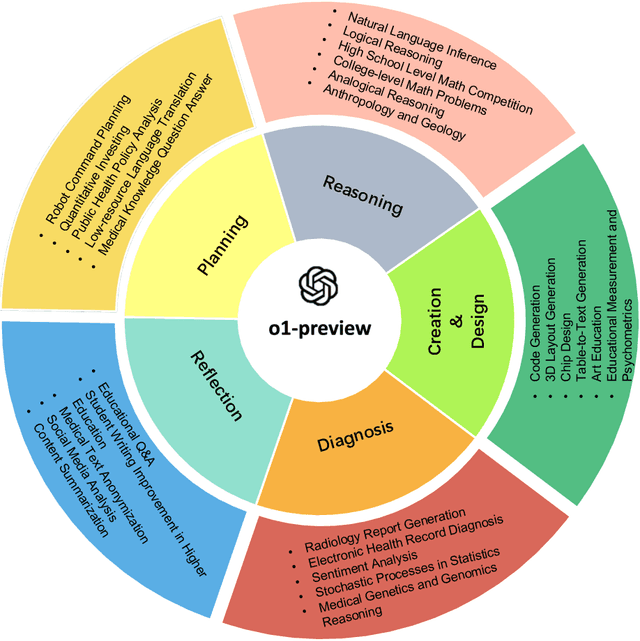
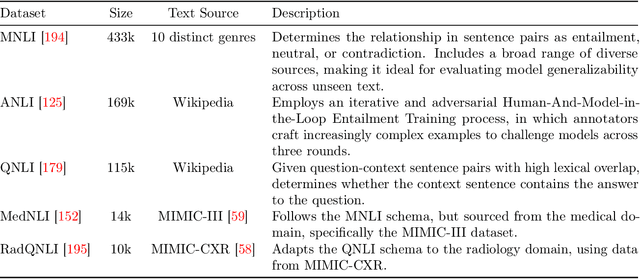
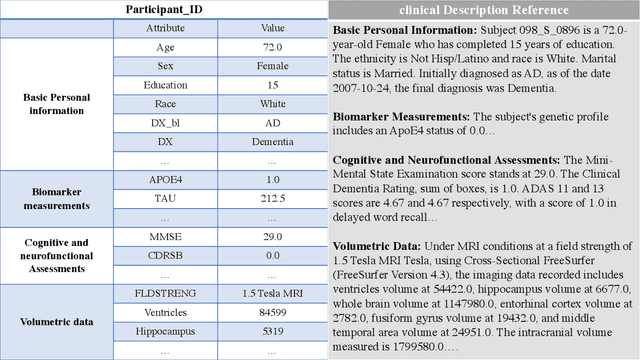

Abstract:This comprehensive study evaluates the performance of OpenAI's o1-preview large language model across a diverse array of complex reasoning tasks, spanning multiple domains, including computer science, mathematics, natural sciences, medicine, linguistics, and social sciences. Through rigorous testing, o1-preview demonstrated remarkable capabilities, often achieving human-level or superior performance in areas ranging from coding challenges to scientific reasoning and from language processing to creative problem-solving. Key findings include: -83.3% success rate in solving complex competitive programming problems, surpassing many human experts. -Superior ability in generating coherent and accurate radiology reports, outperforming other evaluated models. -100% accuracy in high school-level mathematical reasoning tasks, providing detailed step-by-step solutions. -Advanced natural language inference capabilities across general and specialized domains like medicine. -Impressive performance in chip design tasks, outperforming specialized models in areas such as EDA script generation and bug analysis. -Remarkable proficiency in anthropology and geology, demonstrating deep understanding and reasoning in these specialized fields. -Strong capabilities in quantitative investing. O1 has comprehensive financial knowledge and statistical modeling skills. -Effective performance in social media analysis, including sentiment analysis and emotion recognition. The model excelled particularly in tasks requiring intricate reasoning and knowledge integration across various fields. While some limitations were observed, including occasional errors on simpler problems and challenges with certain highly specialized concepts, the overall results indicate significant progress towards artificial general intelligence.
 Add to Chrome
Add to Chrome Add to Firefox
Add to Firefox Add to Edge
Add to Edge